ANIMALTALK
Combatting the Crisis

Feeding Families and Furry Friends Human and Pet Food Banks in Action
Community Care in Action
Taking a Holistic Approach to Help Animals and Their Families
Breaking Barriers
Making Pet Training More Inclusive


Combatting the Crisis

Feeding Families and Furry Friends Human and Pet Food Banks in Action
Community Care in Action
Taking a Holistic Approach to Help Animals and Their Families
Breaking Barriers
Making Pet Training More Inclusive

As we embrace the vibrant spirit of the new year, this edition of AnimalTalk bursts with stories of hope, innovation, and profound connections. This edition reflects not just the challenges we face but the boundless opportunities for positive change and growth within our community.
In this edition, you will discover stories of resilience, innovation, and compassion that define our mission. From the expansive reach of our Pet Food Bank Program, aiming to ensure no pet, or person goes hungry, to the transformative impact of preventative veterinary care, we are breaking barriers and forging paths toward a healthier, more inclusive community.
Our efforts in making pet training more accessible, reflect our belief in the power of education and support to strengthen the human-animal bond. Meanwhile, our Wellness Popup Clinics embody our holistic approach to care, addressing the needs of the most vulnerable among us with dignity and respect.

This edition also celebrates the generosity of our donors and volunteers, whose contributions fuel our ability to adapt and expand our services. Their stories remind us of the collective effort required to make a lasting difference in the lives of animals and their families.
As we look forward, let us carry the lessons and achievements of the past year with a renewed sense of purpose. Together, we are not just combating a crisis; we are nurturing a community where compassion knows no bounds. Thank you for being a part of this journey. Your support, in all its forms, is the cornerstone of our success and the hope for our future.
Warm regards,
 Phil Nichols, RVT, CAWA CEO, Toronto Humane Society
Phil Nichols, RVT, CAWA CEO, Toronto Humane Society

02. A Message from Our CEO Combatting the crisis
04. Feeding Families and Furry Friends: Human and Pet Food Banks in Action
A Spotlight on Toronto Humane Society’s Pet Food Bank Program
08. The Significance of Providing Preventative Veterinary Care in Our Community Addressing misconceptions, overcoming barriers, and championing proactive care
10. Uniting for Toronto’s Pets and their Families Together, let’s create a community where compassion knows no bounds
12. Community Care in Action: Taking a Holistic Approach to Help Animals and Their Families
Wellness Popup Clinics serve as a catalyst for long-term improvements in the lives of those who need it the most
14. Breaking Barriers: Making Pet Training More Inclusive with Reduced Rates
All pet parents should have the opportunity to strengthen the human-animal bond through training classes.
16. Gifts of Love In Memory and in Honour
17. Corporate Sponsors
Thank you for choosing to help pets and their families in our community

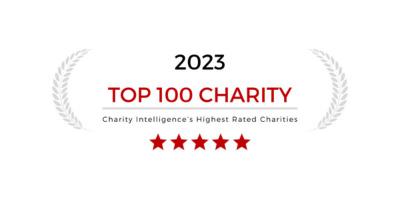
The role of the board is to provide governance oversight for Toronto Humane Society. Toronto Humane Society’s Board of Directors is a volunteer board and no member of the board receives compensation to perform their board role.
President: Josh Shanahan
Vice President: Nabila Tisha
Chair: Krista Bulmer
Secretary: Gary Milakovic
Treasurer: Damian Creber
Julie Barac
Malcolm Bernstein
David Bronskill
Jennifer Dernek
Mark Dilworth
Yussef Hafez
Charissa Lai
Adrienne Macdonald
Peter Newell
Alexandre Rochtchine
Phil Nichols, RVT, CAWA
Tegan Buckingham, CFRE, MSA
Phil Nichols, RVT, CAWA
Jessica Harwood
Beverley McKee, CDBC, CPDT-KA
Dillon Dodson, RSW, MSW
Jessica Harwood
Lauralee Dorst, RVT
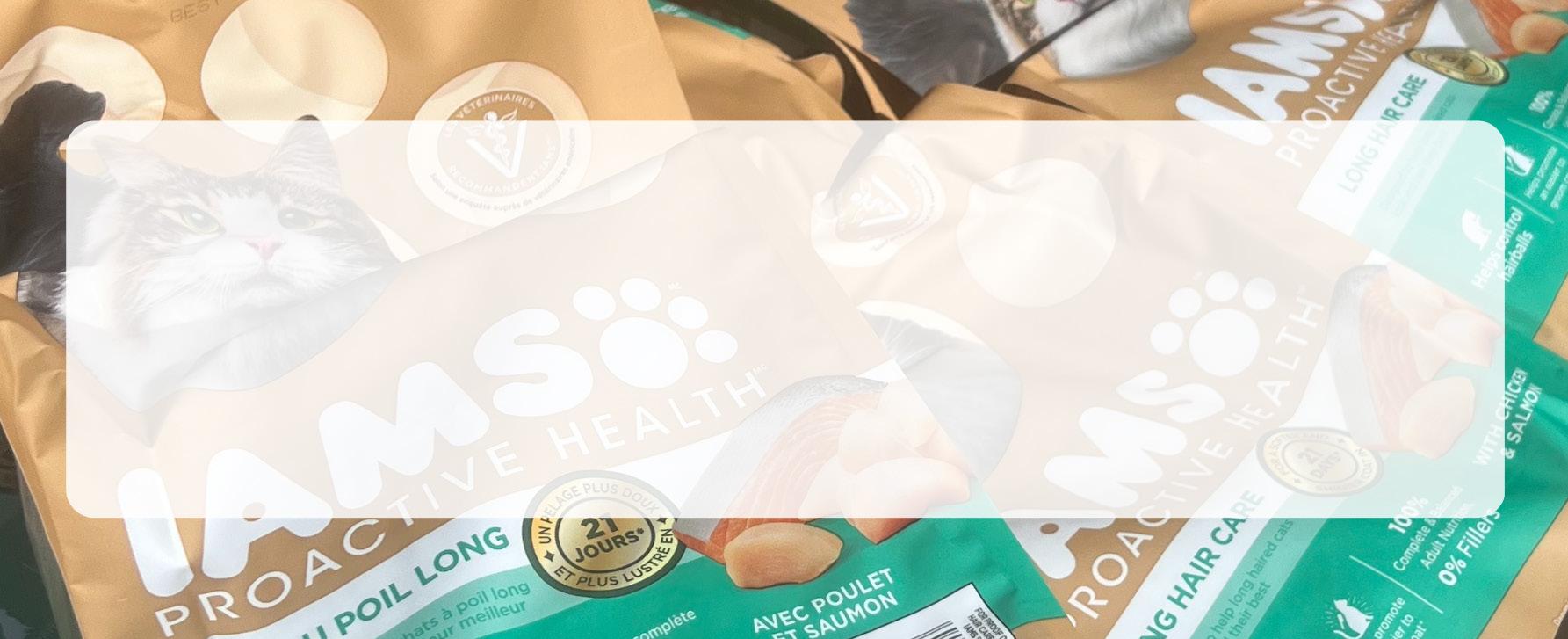
In 1976, Canada signed the United Nations Covenant on Social, Economic and Cultural Rights, which includes “the fundamental right of everyone to be free from hunger,” (Benham, 1998). Since then, Canada has worked to meet this commitment.
That said, in 2024, Canada is confronted with a new set of challenges related to poverty and food insecurity. Skyrocketing housing costs, food inflation, stagnating wages, and insufficient income support are pushing more and more households into poverty as evidenced by Food Bank Canada’s provincial reporting.
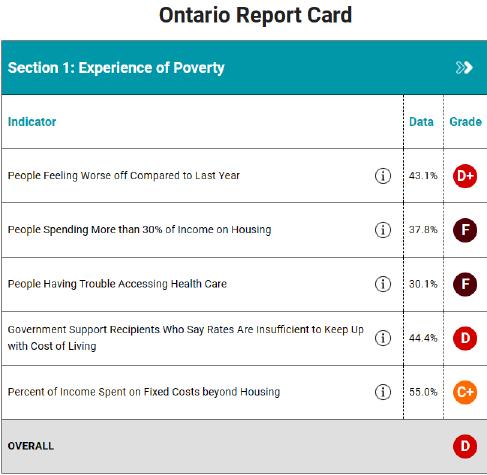
It is paramount to acknowledge that poverty is the root cause of food insecurity. As the most populous province in Canada, it is critical that we as a community engage in responsible poverty-reduction conversations and activities in the interest of the health for our families and the animals they love.
Food security is the condition where individuals consistently have the means, financially and physically, to obtain enough safe and nutritious food that aligns with their dietary requirements, for maintaining an active and healthy lifestyle. On the contrary, food insecurity arises when individuals face barriers in accessing an adequate and reliable food supply due to financial constraints.
It is not uncommon that families experiencing food insecurity will skip meals or eat less than they need, eat the same foods for all their meals, worry about not having sufficient food consistently, and even go without eating for several days in order to feed their children and pets (City of Toronto, 2024).
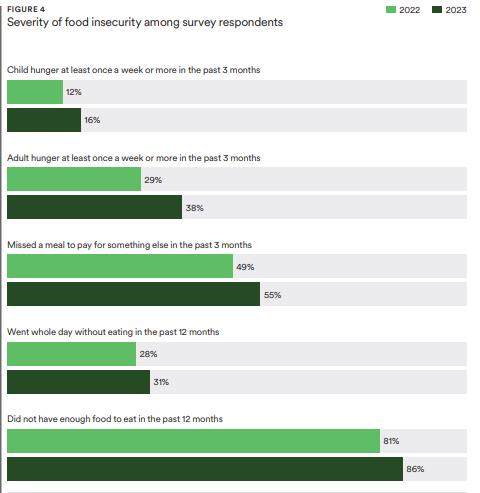
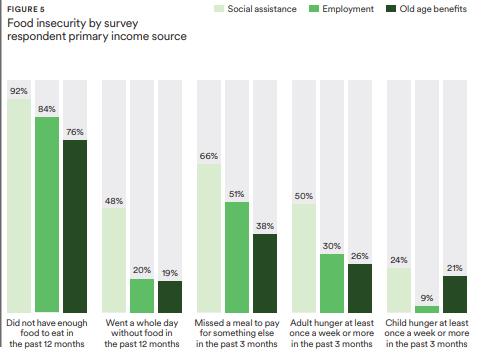
Food insecurity extends beyond mere food scarcity. Studies indicate that it serves as an indicator of broader material inadequacy (PROOF, 2023). Further, food insecurity represents a significant concern as it serves as a pivotal social determinant of health, directly influencing various adverse health outcomes.
Food Bank Status
Initially conceived to offer short-term relief during the 1980s recession, food banks evolved into the predominant response to tackle hunger, with demand steadily rising annually. The onset of the COVID-19 pandemic led to an unprecedented surge in demand, a trend that has persisted and intensified ever since.
Statistics
1 in 6 are employed: Despite employment rates increasing, being employed is simply not enough; more than half of food insecure households in Ontario rely on income from wages, salaries or selfemployment (Tarasuk V, Li T, Fafard St-Germain AA., 2022).
1 in 3 are children: Families with children grapple with the cost of childcare and other child-specific needs. Further, there has been increases in twoparent households accessing food banks. Note it is likely this figure is higher due to underreport child hunger as a result of stigma and apprehensions about government intervention.
8% are seniors: Use has far outpaced other age groups, particularly concerning as our population continues to age.
42.4% are on social assistance or disability-related support: Ontario maintains some of the lowest social assistance rates in the country. Access is difficult due to strict eligibility criteria, including dollar-fordollar claw backs for employment income and strict asset limits; consequently, individuals are effectively trapped in poverty. Further, people with disabilities face heightened hardships due to the elevated healthcare costs. In 2023, 28% of individuals with physical disabilities and 39% with mental disabilities reported experiencing hunger due to insufficient funds for food. (Food Banks Canada, 2024).
2023 marked the highest year-over-year increase of food bank usage ever recorded. This uptick correlates with the sharpest rates of general inflation witnessed in the past four decades, particularly affecting the costs of essential items such as food, housing, and transportation. As household purchasing power steadily diminishes, an increasing number of households, including those in higher income brackets, find themselves grappling with food insecurity. Provided
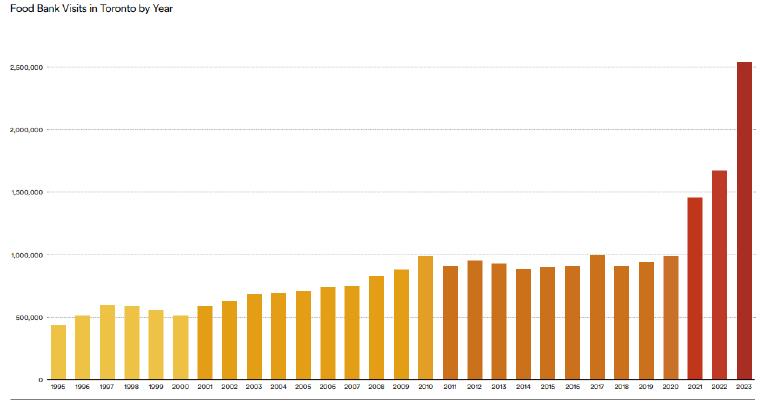
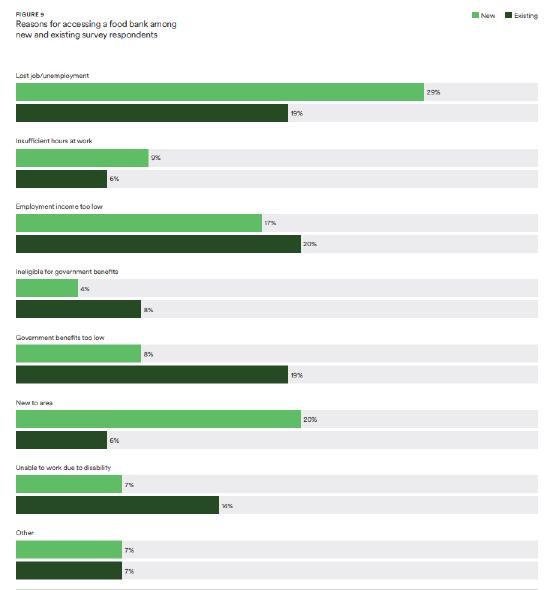
Across all areas of the city, food bank visits have outpaced population growth. Visits surged by 51% (compared to 2022) surpassing the 2 million mark. Approximately 1 in 4 Torontonians live in a food insecure household (Public Health Ontario, 2023 ) and 1 in 10 in Toronto now rely on food banks. The affordability crisis appears to be worsening, as evidenced by 43% of Ontarians reporting a decline in their financial situation compared to the previous year.
Of those accessing food banks, 70% are private market renters and a significant portion started accessing food banks due to job loss or inadequate employment income (Daily Bread, 2024). When income does not keep pace with expenses, families may be forced to use their food budget to pay for other expenses such as heat, childcare or transportation.
Despite efforts to increase access to food, existing programs continue to experience significant strain due to high demand for support.
Toronto Humane Society recognizes that many families temporarily face difficult financial times and may require assistance in caring for their pets. We believe that no one should face the difficult decision of having to surrender or rehome their pet because they cannot afford the cost of food or in circumstances whereby after accounting for other fixed expenses, pet parents cannot afford to feed themselves and their pet.
Toronto Humane Society originally launched our Pet Food Bank service a few decades ago with the intention of helping families facing short-term financial difficulties. Over the years utilization has increased and within the last year, use has skyrocketed with the food bank providing over 189,000 pounds of food in 2023. While not initially intended to be for long term or permanent use, due to the complexities of the challenges in our city, more and more individuals are relying on our Pet Food Bank which mirrors their use
of food banks for groceries. Every day, our staff hear how frequently pet families forgo feeding themselves to ensure their pet’s bowl remains full.
In order to expand our services, Toronto Humane Society celebrated our 1-year anniversary in November 2023 of our monthly “Community Day” events where we distribute pet food (in larger quantities than daily Pet Food Bank) and pet supplies such as leashes, carriers, food bowls, and toys. It is not uncommon for families to line up hours in advance of opening, regardless of inclement weather, to ensure their pets benefit from the supplies available.
Finally, Toronto Humane Society’s social worker is available to speak with all members of the community accessing the Pet Food Bank and Community Day events to assist with connection to human serving organizations, such as food banks. It is critical that we provide comprehensive and wholistic care to all members of the family, human and nonhuman.
Addressing food insecurity in Canada is a formidable task, but fortunately, we are not tackling this challenge alone. As a pillar of our community, we are honoured to join our human service partners in an effort to bring us closer to a future where hunger is eradicated, and no human or their loving companion animal goes without.
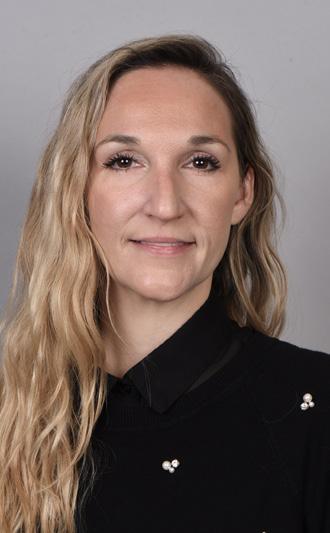
Since childhood, Dillon has been passionate about the healing power of animals. She has always sought opportunities to bring people and animals together, whether through animalassisted therapy or equine-facilitated therapy. Dillon’s educational background in Social Work includes a Bachelor’s Degree from McMaster University and a Master’s Degree from University of Toronto. She has also obtained certifications relevant to her field of specialization, including the Clinical Traumatologist designation from the Traumatology Institute Training Curriculum, the Supervisors/Managers Certificate from the Hostels Training Centre, and the Understanding and Managing Aggressive Behaviour certification. Dillon is also on the board of International Association of Veterinary Social Workers. With over a decade of experience as a professional social worker, Dillon is committed to providing the best possible care in situations that require immediate assistance. Her extensive background in supporting marginalized communities led us to implement the Urgent Care program and Wellness Popup Clinics.
Benham, K “An Economic Development Strategy for the Toronto Food Sector,” City of Toronto, May 1998 Toronto’s Food Charter.
City of Toronto, 2024 Food Insecurity in Toronto – City of Toronto
Daily Bread, 2024 Who’s Hungry Report 2023 A Call to Action From a City in Crisis DB_3714-18_WhosHungry_Report_E.indd (dailybread.ca)
Tarasuk V, Li T, Fafard St-Germain AA. (2022) Household food insecurity in Canada, 2021. Toronto: Research to identify policy options to reduce food insecurity (PROOF). Retrieved from https://proof.utoronto.ca/
Are you passionate about creating a positive impact on the lives of animals and shaping the future of animal welfare? Toronto Humane Society is actively seeking dynamic individuals with diverse expertise to join our volunteer Board of Directors. We are particularly interested in candidates with high competencies in one or more of the following areas:
Are you well-versed in the legal landscape surrounding animal welfare and or shelter medicine? Your expertise is invaluable in navigating and influencing policy to help make informed decisions to ensure the wellbeing and care of our furry friends.
2Fundraising
Help us secure the resources necessary to make a lasting impact on the animals we serve.
3Legal Legal professionals, your skills are vital in providing guidance on compliance, contracts, and advocacy. Join us in ensuring that our initiatives align with legal standards and ethical practices.
4Non-Profit Operations and Governance
Seasoned in nonprofit management? Your experience in governance, strategic planning, and fundraising will play a pivotal role in steering our organization towards sustained success.
5Organizational Structure and Process
If you excel in designing efficient organizational structures and processes, your strategic mindset will contribute to our ability to make a lasting impact in the animal welfare landscape.
By becoming a part of our Board of Directors, you'll have the opportunity to drive positive change, shape impactful initiatives, and collaborate with a team of like-minded individuals dedicated to the well-being of animals.
If you are ready to make a difference and possess expertise in any of the above areas, we invite you to express your interest by April 30th, 2024, by visiting the link below and submitting your application: www.torontohumanesociety.com/agm
Together, let's create a world where every animal is treated with love, compassion, and respect.
Visit our website at www.torontohumanesociety.com to learn more about how you can contribute to our mission.

By addressing misconceptions, overcoming barriers, and championing proactive care, we can build a brighterfuture where every pet receives the care and attention they deserve.
Written by: Lauralee Dorst, RVT
In today’s interconnected world, where pets are integral members of countless households, the significance of preventative veterinary care cannot be overstated. In homes across our community, pets aren’t just pets; they’re cherished family members, loyal confidants, and constant sources of joy. It’s within this sacred bond that the essence of preventative care truly shines, serving as a beacon of hope, health, and compassion.
Preventative veterinary care is crucial for the overall health and well-being of pets in our community primarily because it helps identify and mitigate potential health issues before they escalate into serious problems. Just as regular check-ups are essential for humans, routine veterinary visits enable early detection of illnesses, timely vaccinations, parasite control, and tailored nutrition guidance. By addressing concerns proactively, preventative care promotes longevity, vitality, and happiness among pets, enriching their lives and strengthening the bond with their human counterparts.
Given the compounding issues surrounding access to care, pet families often encounter hurdles when seeking veterinary services. These challenges include financial constraints, transportation limitations, and a lack of awareness about the importance of pet health and preventive measures. Additionally, some families may not fully recognize the significance of preventive care until their pets display signs of illness, inadvertently delaying crucial treatment and jeopardizing their pets’ well-being. Furthermore, veterinary shortages have exacerbated these challenges, particularly amid the COVID-19 pandemic, as more families have added pets to their households, further straining an already burdened system and amplifying difficulties in accessing veterinary services.
Preventative care plays a pivotal role in reducing the overall burden on animal shelters and rescue organizations within our community. By prioritizing preventive measures, such as vaccinations and spaying/neutering, pet parents can significantly reduce the risk of their animals’ becoming strays or relinquished to shelters due to preventable health issues. This proactive approach not only fosters humane pet guardianship but also helps alleviate the strain on resources within animal welfare organizations, allowing them to focus on more critical cases and increasing the chances of successful adoptions.
At Toronto Humane Society, through our Public Veterinary Services, our dedication lies in offering personalized preventative care services that cater to the individual needs of each pet and their family. Our commitment to accessibility is evident through our two-tiered pricing model, ensuring that cost never hinders access to essential care. From routine wellness exams, vaccinations, heartworm, flea, and tick prevention to dental care, spay and neuter services, and compassionate humane euthanasia, we provide comprehensive solutions to safeguard the well-being of pets. We remain committed to being accessible to all members of our community, ensuring that every pet family has access to the fundamental care they deserve.
Throughout 2023, Public Veterinary Services encountered a notable influx of puppies affected by Parvovirus, a highly contagious and potentially fatal disease. Many of these puppies sought our care because they faced barriers to accessing treatment elsewhere or were unable to afford the care at other veterinary hospitals. Despite the severity of the illness,
we provided treatment to numerous cases and saw most recover. This underscores the critical importance of both preventative measures, such as vaccinations, and swift veterinary intervention in addressing such serious illnesses and ensuring the well-being of our community’s pets.
We are proud to share that in 2023, Public Veterinary Services administered over 12,321 appointments, and delivered $2,188,573.04 of Below Market Rate Services, reaching pets across our community with compassionate care and expertise. These numbers represent not just routine check-ups but countless opportunities to safeguard the well-being of our furry friends and foster a community where pets thrive.
In conclusion, preventative veterinary care stands as an indispensable pillar of community wellness, safeguarding the health and vitality of our beloved pets while fostering humane pet guardianship. By addressing misconceptions, overcoming barriers, and championing proactive care, we can build a brighter future where every pet receives the care and attention they deserve.
Adding a pet to your family should not be a privilege determined by financial means. It’s a decision rooted in love, compassion, and the desire to welcome a furry friend into your life. Everyone should have the choice and ability to bring a pet into their family, regardless of their financial situation. Access to essential veterinary care should not be contingent upon the size of one’s bank account; it should be a fundamental right extended to all pet parents. Every pet deserves access to the care they need to thrive, and every pet parent deserves the peace of mind that comes with knowing their beloved companion is receiving the attention and treatment they deserve. By fostering a community where accessibility and compassion intersect, we can ensure that every pet and their family can embark on a journey of love, health, and happiness together.
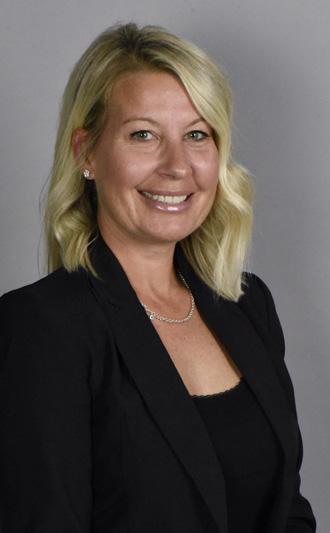 About Lauralee Dorst, RVT Director, Community Animal Welfare
About Lauralee Dorst, RVT Director, Community Animal Welfare
Lauralee’s passion for animal welfare and vast industry knowledge has allowed her to understand the challenges faced by communities when accessing veterinary care.
Lauralee joined Toronto Humane Society in 2012 as a frontline Registered Veterinary Technician, bringing with her experience varied skillsets from the veterinary industry. Throughout her years with us, she’s achieved success and has held many positions, gaining knowledge in our Foster Program, Rescue Transport, and Admissions. In 2023, she became the Director of Community Animal Welfare where she continues to use her expertise to support and educate the public while providing quality veterinary services to animals in our care.
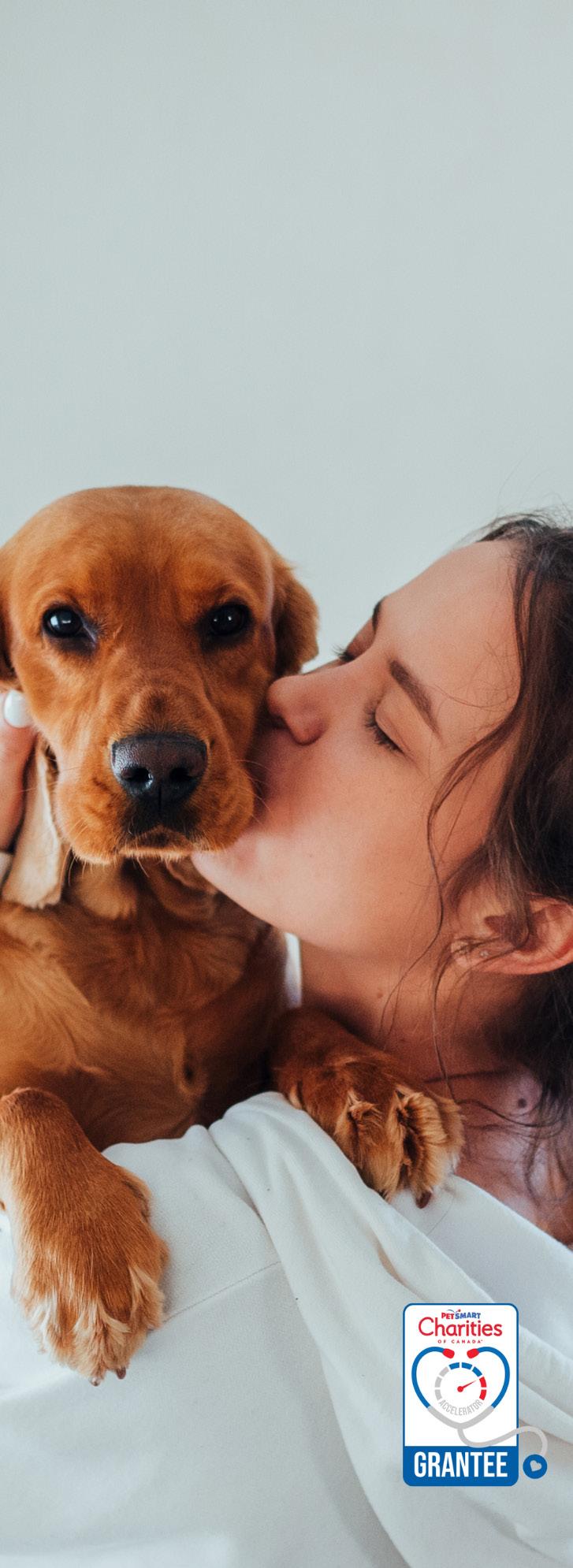
We are honoured to be a PetSmart Charities of Canada accelerator grantee. Grant funds go directly toward making veterinary care more accessible to those in our community who need it most. Thanks to our partnership with PetSmart Charities of Canada, we’re able to make an even bigger difference for pets in need and all who love them.
To learn more about Toronto Humane Society’s Public Veterinary Services, visit www.torontohumanesociety.com/vet
Your support is instrumental in making a difference in the lives of both humans and animals. Together, let us stand united and create a community where compassion knows no bounds.
In the midst of Toronto’s current challenges, it’s not just our human residents feeling the impact; our beloved animal companions are also navigating through tough times. Here are six ways you can team up with Toronto Humane Society to make a difference, ensuring that more pets and families stay together. Your support is crucial, and together, we can make a positive change.
Take your commitment to the next level by becoming a Humane Champion. Thanks to the dedication of our monthly donors, we can act swiftly and help animals in need as soon as they require assistance. Your ongoing support ensures that our efforts are sustained, making a lasting impact on the lives of countless pets and their families. Visit www.humanechampion.ca to become a monthly donor.

The Urgent Care program plays a crucial role in supporting animals during their families’ temporary hardships. By opening your heart and home as a foster parent, you provide a safe haven for these animals, allowing their families the time they need to overcome their challenges. This program keeps families together and pets out of the shelter system, promoting a sense of stability and love.
We are currently accepting applications from foster parents who are dedicated to caring for our special needs animals, such as TLC dogs, participants in the Urgent Care program, and unique species. If you are interested, kindly complete the application form on www.torontohumanesociety.com/foster
Your financial support can make a world of difference in assisting families facing hardships. By making a donation, you contribute to vital programs such as the Pet Parent Support Network. This program provides alternative solutions to surrendering a pet such as by providing pet food, supplies, and training. Visit www.torontohumanesociety.com/ donate to make a difference today.
Engage in and support fundraising events organized by Toronto Humane Society – such as our annual Humane Open golf tournament, Paws in the Park, and Holiday Pet Pics. These events not only raise crucial funds but also foster a sense of community and shared purpose.
Adopt, Don’t Shop
Consider adopting a pet from Toronto Humane Society instead of purchasing one. By giving a home to a shelter animal, you not only provide them with a second chance at happiness but also contribute to the reduction of pet overpopulation. See animals available for adoption at www. torontohumaesociety.com/adopt.
Be a voice for those who cannot speak for themselves. Share our mission and the importance of supporting Toronto Humane Society on your social media platforms. The more people know about our initiatives, the more likely we are to garner support and make a meaningful impact in the community.



We extend our sincere gratitude to La Fondation Emmanuelle Gattuso for their steadfast support of our community-based services. Their unwavering contributions have played a crucial role in enabling us to build a dedicated team committed to transforming the landscape of animal welfare. Thanks to their generosity, we’ve been able to touch the lives of numerous pets and families facing challenges, gaining priceless experiences and insights along the way. These valuable lessons continually enrich the animal welfare sector, fostering a deeper understanding of the vital connection between animal welfare and social justice, and propelling the industry towards positive change.

By addressing the intersection of human and animal wellness, Toronto Humane Society’s Wellness Popup Clinics serve as a catalyst for long-term improvements in the lives of those who need it the most.
In the midst of rapidly increasing housing expenses and rising food prices, Toronto Humane Society recognizes the growing challenges faced by individuals and families. “By conversative measures approximately 200,000 people experience homelessness in Canada, with the highest number of individuals based in the City of Toronto,” explains Dillon Dodson, Director of Social Work at Toronto Humane Society. “Of that number, an estimated 20% of those individuals are pet parents.”
The bond between humans and animals should not be compromised due to temporary hardships, so in 2023, Toronto Humane Society embarked on a groundbreaking initiative by launching Wellness Popup Clinics aimed at providing crucial veterinary and behavioural services, through a trauma-informed lens, to underserved communities in Toronto.
The primary focus of the Wellness Popup Clinics is to bridge the gap in access to veterinary care for individuals experiencing vulnerable housing situations. These clinics offer traditional preventative veterinary care, such as wellness examinations, vaccinations, and parasite control, but the impact extends beyond medical attention. During the summer of 2023, Toronto Humane Society hosted four Wellness Popup Clinics that provided veterinary care and behavioural services to 86 animals.
What sets the Wellness Popup Clinics apart is the team’s trauma-informed approach. “It is critical that we start from a place of nonthreatening, nonjudgmental, and accessible service recognizing that pet parents are doing the best they can with the resources they have,” Dillon Dodson explains. “The popups are intended to be a least intrusive, minimally aversive, and traumainformed approach to wellness that intersects the needs of both animals and humans experiencing temporary hardship.”
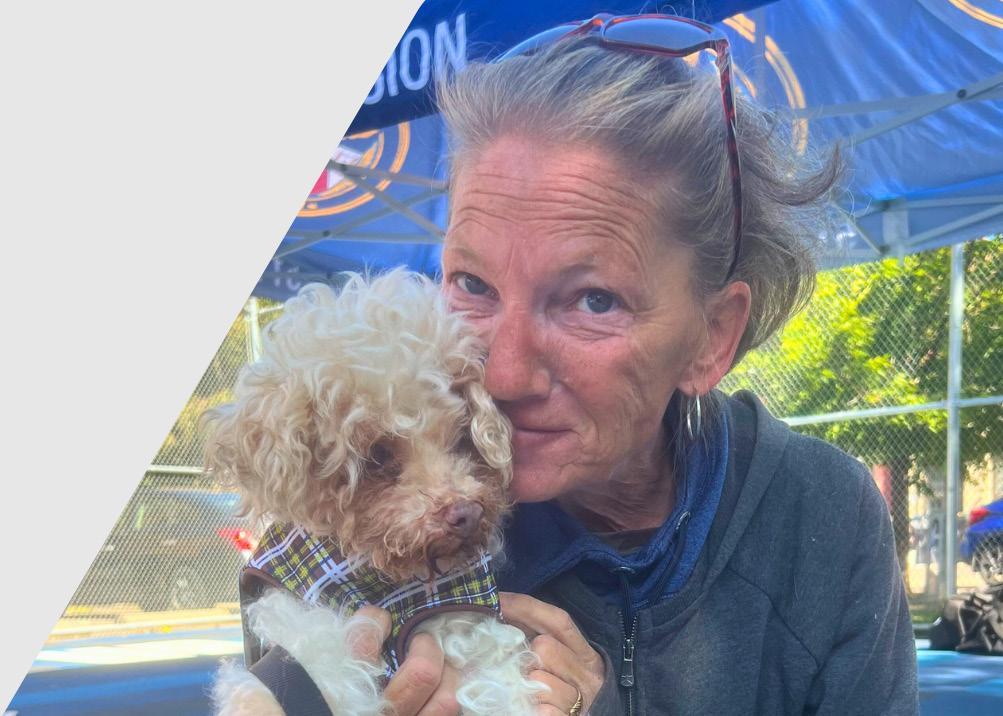
Acknowledging that individuals experiencing homelessness may have faced various forms of trauma, the clinics create a safe and understanding environment. One way this is done is by hosting the clinics in nontraditional spaces, such as in shelters for humans, instead of having them at our location. In 2023, 77 pet parents received care from trained professionals who approach each case with sensitivity, ensuring that both human and animal clients receive care without judgment or discrimination.
The Wellness Popup Clinics also distributed 2,266 pounds of dog food and 292 pounds of cat food, along with essential supplies in 2023. Dr. Karen Ward, Chief Veterinary Officer at Toronto Humane Society, emphasizes the challenges faced by these communities, stating, “These communities have trouble getting pet care supplies, such as leashes, collars, food, and crates - all those things also are incredibly valuable to them. We also started providing animal bedding, like blankets and towels.” By addressing the fundamental needs of both pets and their families, the Wellness Popup Clinics contribute to the overall health and happiness of these families.
Beyond the immediate impact on individual lives, these clinics contribute to public health and safety. Vaccinations and preventive care not only protect the animals but also help prevent the spread of diseases within the community. Dr. Karen Ward emphasizes the importance of preventive wellness, stating, “I would rather see a puppy never get parvovirus because we gave them a vaccine, or a cat never get pyometra because we spayed her when she was young. Wellness helps protect pets from preventable, potentially fatal illnesses and keeps pets healthy, as opposed to needing expensive veterinary care to make pets healthy again.”
By addressing the intersection of human and animal wellness, Toronto Humane Society’s Wellness Popup Clinics have emerged as a powerful force for positive change. They have become an essential lifeline for underserved communities, offering not only medical care but also compassion, support, and the promise of a healthier future for both humans and their pets.

All pet parents should have the opportunity to celebrate the human-animal bond through fun and supportive positive reinforcement pet training classes.
Written by: Beverley McKee, CDBC, CPDT-KAProfessional pet training goes beyond addressing unwanted behaviours; it provides an opportunity to build your pet’s confidence, provide essential socialization experiences, provide a fun enrichment alternative to the usual walk around the block, help prevent problem behaviour from developing in the future, and strengthens your human-animal bond. Strong human animal bonds can help deter animal surrenders due to behavioural problems.
Because we feel so strongly about the many benefits of proactive training, in late 2023 Toronto Humane Society’s Public Training and Behaviour Services team evaluated group training and private consultation prices and decided to reduce those prices significantly. Training classes were reduced by approximately 50% of average market value for classes led by a certified animal trainer in order to ensure that cost would not be a barrier to pet parents obtaining evidence-based training from industry expert.
At the same time, we increased our capacity to offer subsidized rates to pet parents experiencing financial hardship and rebuilt our operations model to significantly increase the number of training classes available. We reviewed our class curriculum thoroughly and fine-tuned our offerings to be sure we were meeting the needs of our community through a variety of classes, programmed both during daytime and evening hours to ensure that families who might have work hours outside of the traditional 9:00am to 5:00pm would also have opportunities to enroll.
The response was extraordinary. Since reducing our rates we’ve more than doubled our monthly training appointments and families served through the Training and Behaviour Services and Behaviour program, and the numbers continue to grow.
In September of 2023, the program served 80 families for a total of 223 appointments as compared to 178 families for a total of 489 appointments as of February 22, 2024. This is a profound impact. Not only have we been able to serve more families, but the accessible price point has resulted in families being able to book multiple training appointments, whether those are private behaviour consultations or group class appointments. That’s a lot of animals and pet parents growing their bond!
Homer attended our Reactive Dogs class and struggled with walking past by other dogs and stay calm. After working on Engage-Disengage and creating positive
association when Homer sees other dogs, he was able to learn to stay focused on his parent and walk nicely on leash. Now, Homer knows that while other people and dogs are walking past by him, he can just look at his parent and feel confident that nothing scary will happen to him.

to pet training is a powerful step towards encouraging humane pet guardianship. By offering more affordable options, Toronto Humane Society empowers pet parents to take an active role in their pets’ education and behavioural development. This not only benefits the individual pets and their families but also contributes to building a more compassionate and understanding community of pet parents.

Beverley is a multifaceted professional with extensive experience in dog training, pet care, and pet parent education. Her background in entrepreneurship, handling, training, education, and collaboration has led to her utmost success in the industry. Following a long and fruitful career in the entertainment industry, Beverley established her own pet care and dog training company in 2011. Since joining our team as a certified animal trainer in 2018, she has progressed to Senior Manager, Public Support Services. Beverley holds certifications in animal training from The Certification Council for Professional Dog Trainers, is a Certified Dog Behavior Consultant through the International Association of Animal Behavior Consultants (IAABCon which she served as a board member) and completed certification in Fear Free Animal Training from Fear Free Pets. She holds a Bachelor’s Degree from Carleton University, and a Certificate in Organizational Leadership from the Association for Animal Welfare Advancement. She currently serves as a volunteer for the International Association of Animal Behavior Consultants and for the Shelter Playgroup Alliance.
We believe in building a relationship of care and trust with you and your furry friend through evidence-based positive reinforcement training. It’s not just effective; it’s an enriching experience for both you and your pet.
Join us on this incredible journey of building and strengthening your unique human-animal bond. Learn more and book your classes at
www.torontohumanesociety.com/training
We gratefully acknowledge the donors who have given gifts of $150 or more in honour or in memory of a special person or pet. Tribute gifts are a thoughtful and meaningful way of acknowledging a loved one’s memory, expressing your good wishes or commemorating an occasion. These gifts were made from May 16, 2023 to December 31, 2023.

Alison Sellors
Alison Sellors Quan
Angie Mammoliti
Anne Duerhammer
Annie Cohon
Anu Lawson
Athena Keesari
Bada Kim
Bailey Jinah
Bandit
Beloved Maud and Giulio Michela
Berty Z
Billie B.
Bunny The Cyber Cat
Burt, Sasha, Cleo & Thor
Carter Tang
Charley Campbell
Charlie Douglas
Christine Altilia Pisani
Clarinette and Mandoline
David Arthur Dell’Agnese
David Kellar
Deidre Thomas
Dexter
Duke, General, and Ben Eaton
Edward Winter
Elizabeth Margaret Elson
Ernie Reimer
Fergus, Tyggar, Turtle, Cougar, Dolphin, Wolf, Kiwi & Zebra
Franklin
Franziska Begitsch
Gerry Tsuji
Gillian Jones
Gillian Weld
Guinness Condie-Cousins
Harvey Newman
Howie Kennedy
Jake Loach
Janet Shortley
Jean Knox
Jean Wright
Jeanie Wright
Jennie Newman
Joan Lico
Joan Warren
Jordan Oliver
Joshua Armstrong-Harris
June Bushell
Karma Belo
Katie and Bea Tanguilig
Katie Mott
Kubi Chan
Lewis Newman
Lillian Hermann
Loretta Gail Clark
Lupe Mason-Morris
Margaret L Grace
Marianna Adamski
Marnie McDowell
Martha Doberstein
Mary Cassaday
Mary Rita Teneyck
Matrixx-Munkton Desouza
Max
Maximus (Gogo) and Nala
Megan Bradshaw
Miao Miao
Minchang Carter Tang
Missy, Anny, Bobbi, Timothy, Kiki
Beatty
Moira Kirk
MoMo the Dog
Moyin Tam
Nellie
Nicolai Scovell
Ozzy Law
Patricia & James Austin
Patricia (Pat) Kelly
Peter Swift
Prasanna Balasundaram
Rudy
Russell Kwong
Sadie Curtosi-Mayorga
Samson Rapoport
Sandra Cadrin
Sonja Marie Maynard
Sophie Elizabeth
Stephen Starr
Terence Reece
Tobie
Tony MacDonald
Tye
Tyler Liiv
Valve Steinfals
Violet Golubov
Voula Michaelidis
William (Bill) Garnier
Willy Gallant
86 Sappers Lane Garage Sale
Alice Gray
Aline Avanessy
Alison Campbell
Amanda & Sean Neighbours
Bianca & Rosario’s Wedding
Clifton & Rachel Narcis
Coco
Crouton
Dane & Anne MacCarthy
David Brickman and Nancy Shackell
David Bronskill
Debbie & Julie
Diane Brokenshire
Donna Berry
Eva Lake
Fred Jaques & Janet Hardy POLYCUP
GOLF Winners
Fritz & Ridge Markicevic
Gerry Grasley
Grace Hall
Gypsy
Isaiah Yoder
Jan Daly Mollenhauer
Jennifer McArthur
Jeremy Power
Julian Kuang
K9+ Dog Services
Kathryn Bolton
Katie Pepiot
Kayla Mandarino
Ki Cheung Leung
Kyla Guercio
Laura Vinzenz
Leigh Botly, PhD
Lorne Tepperman
Lynn McHughan
Madame Noire
Magi Woodgett
Mary Sears
Mittens, Marmalade, Madeline, Millicent, Melody
Monica Sauer & Mike Jeffries
Morty Goldhar
Natalie Gierman
Our wonderful palliative Foster named FANNY
Raja Room 34
Ruth Velk
Samantha & Jerome (wedding)
Serena Persaud
Sesler Gang
Shirley Love
Sydney Richards
The Lechow Family
Valerie and Mike Marshall
Zak Longo and Chloe Rogers Longo
Through in-kind, financial support, and volunteer programs, corporations and foundations across Canada are helping us to Improve the Lives of Animals.

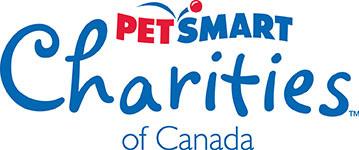

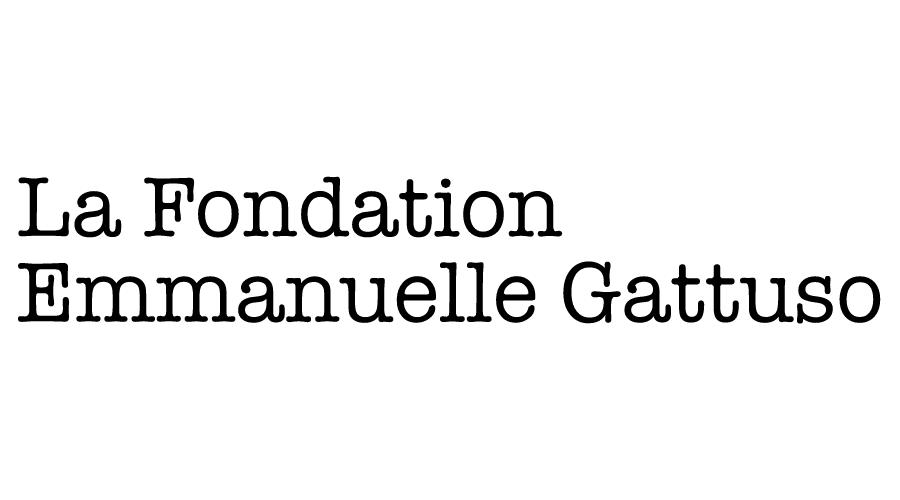

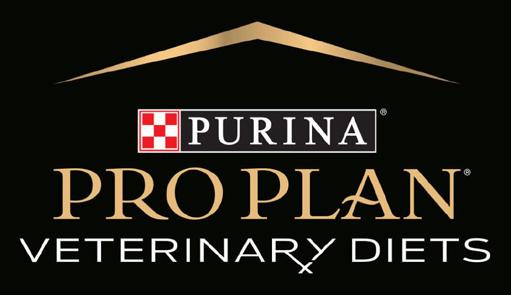
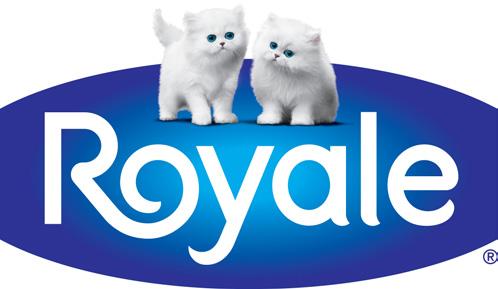

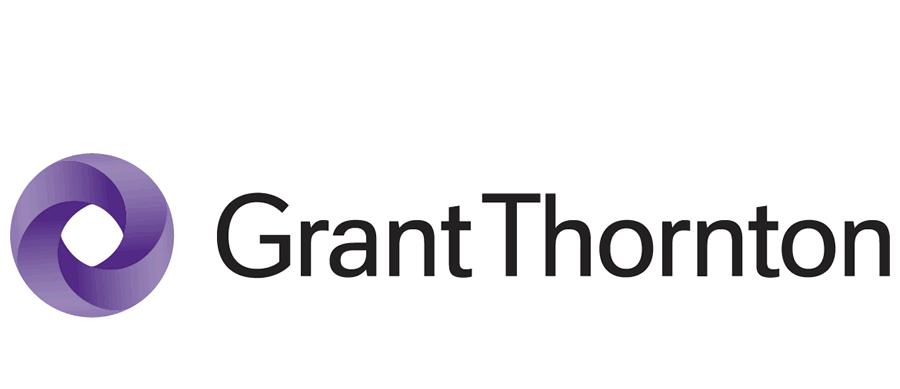



Whether it’s providing food for the animals in care, giving monetary contributions, or sharing our important message on their media platforms, we are grateful for businesses that have chosen to help pets and their families in our community by supporting Toronto Humane Society.

When Bando arrived at Toronto Humane Society, his life hung in the balance due to a critical urethral obstruction. Thanks to our Humane Champions, Bando’s journey from crisis to recovery became a reality.
Your Monthly Support Changes Lives! Become a Humane Champion today, and together, we can provide critical care, surgeries, and rehabilitation to animals like Bando. Your regular donation ensures that more animals receive the chance to thrive and find their forever homes.
Sign up today at www.humanechampion.ca